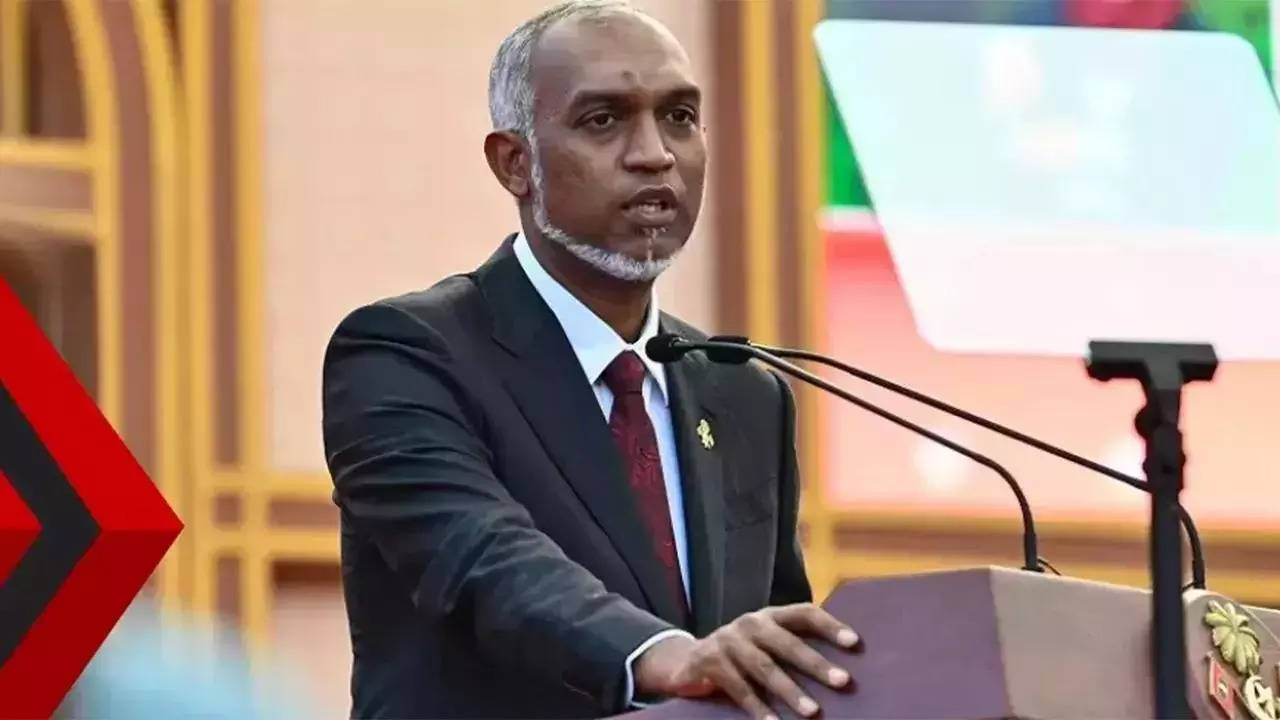Turkish-US Relations since Ottoman Times
Since there was no reciprocal agreement, the United States conducted business through the British consuls; however, heavy payments to the British for this work led to a request for an agreement between the United States and the Ottoman Empire. The U.S. had paid $65,500 to England for consular services between 1799 and1811. The US had firstly appointed the ambassador of Portugal, W. Smith, as its Ottoman representative in light of the economic and political situation in 1799, but the ambassador was unable to assume his duties due to various problems. Despite the fact that a new ambassador was appointed in 1803, he had to return to Portugal since he was not recognized by the Ottoman State. The United States of America, a maritime state, had been exporting products such as corn, salted fish and so on primarily to Mediterranean countries. Therefore, it needed to sign a treaty with Algeria, Tunisia and Tripoli, known as the "West Societies" during that period of Ottoman rule, in order to secure permission for its ships to sail the Mediterranean, which at that time was dominated by the Ottomans. The United States met with the Ottomans as a result of these treaties. While the US was discussing treaty articles with Algeria, it wanted to make an agreement with the Ottoman Empire as well. The United States of America was obligated to pay a tax of 12.000 gold coins yearly or an equivalent amount in military munitions to Algeria as a result of the treaty. The American government paid taxes to Algeria for exactly 20 years, between 1795-1815. There is supposedly no other example of America paying taxes to an Islamic country in U.S. history. At the same time, we’d like to bring to mind that beginning with its independence, all treaties signed by the United States had been written in English except the agreement signed with Algeria, which was written in old Turkish. Another interesting detail is that Algeria, in the same treaty, gave the Americans a special permission: "They can hold their ceremonies according to their superstitious beliefs." Beginning of the Official Relationship Process The American government initiated a period of consultations to reach an agreement with the Ottoman state beginning in 1820. Various preliminary negotiations were conducted, and it has been alleged that the US tried to hide these negotiations from the Europeans for fear of that their efforts would be handicapped. A committee in the name of the United States came to Istanbul in 1829 and proposed that commercial and friendly relations between the two countries should be made official by means of a commercial treaty. The Ottoman sultan of the period, Mahmud II, wanted an answer to be given immediately, saying, "It is not appropriate to leave the demands of American committee unanswered." The subject was put on the table by Grand Vizier Reshid Mehmed Pasha and other statesmen. It was believed that the other side, the United States, would benefit more from the agreement due to the distance of the US from the Ottomans and the difficulty of Ottoman ships traveling any further on the ocean. At the same time, considering the balances, the Ottomans expressed anxiety about the agreement, which could negatively affect relations with Russia and England. In spite of all these doubts, a nine-article commercial treaty was finally signed in 1830. The United States was thus honored as one of the few very privileged countries possessing such a treaty. Various commercial privileges, low tax rates and permission to open a consulate pleased the United States. Commercial activities and consulates initiated after the enactment of the treaty caused the opening of a new page in Ottoman-American relations. The political-commercial activities of the consulates and missionaries had found an easy location for action. Meanwhile, the first American missionaries went to Beirut in the 1820s. Until 1850, U.S.-Ottoman relations were still being structured. Between the years of 1831 and 1850, seven Protestant churches were founded in Ottoman lands. Izmir, followed later by Istanbul and other cities, became the first missionary center in 1820. American missionary activities and the establishment of educational institutions were accelerated since Protestantism was acknowledged by the Ottoman state as being an official Christian sect. Since the American missionaries were not regarded as a collective movement by the Ottomans of the time, they did not experience any handicaps in their activities. The 1850s coincided with the years in which the Ottoman state was struggling with wars and the like. The United States secured the signing of a new treaty increasing the privileges granted in the 1830 treaty. In 1862 a 23-article treaty was signed in which the prohibition on the arms trade that had been stipulated in the first treaty was abolished. It is no coincidence that Robert College was opened in Istanbul immediately after the signing of this agreement, in 1863. Apparently, the United States has carried out commercial activities with political studies since the very beginning. In documents from the Ottoman Archives after 1850, the activities of the American missionaries and the consuls, which were going in the direction of interfering in our internal affairs, became a matter of complaint. The activities of the missionaries, who chose Armenians in particular as a target for themselves, from those in kindergarten to those in hospitals, began to attract attention. The domestic and foreign conditions of the Ottoman state became indicative of Ottoman-American relations. After the 1877-78 Russian war, Ottoman-American relations took on a different dimension as a result of the increasing depression within the Ottoman state. The United States also participated in the efforts of those European countries that tried marking the Ottoman state. It joined in a many-voiced chorus of the period that alleged the existence of oppression of Christians in Ottoman lands by pointing in particular to the Armenians. Here! At this time, the American consuls and missionaries, more precisely educational institutions, tried to encourage the Armenians to rebel. For example, it can be seen in archival documents that the teachers at Merzifon American College gave weapons and the like to Armenians in the region and incited them to rebel against the Ottomans. Again, especially after the 1890s, the American press reported from an Armenian point of view. Meanwhile, most of the problems between the two countries at that time resulted primarily from missionary and consular activities and from American educational institutions, as stated in the archives. The American government caused problems by objecting to being officially prevented from opening an American school. In these instances, the US pursued a different strategy by stating that decisions could be reached against the Ottomans in Congress. In the same way, tensions were increased after the Ottomans forbade the opening of consulates in areas such as Harput and Erzurum, which were heavily populated by Armenians. The heart of the strategy followed by the Ottoman state in those years could be described as "avoidance politics." In spite of all this, the position of the United States in Turkish history was different since there had been no war between the two countries and since there is no evidence in history of anything as detrimental as the Crusades as existed between the Ottoman Empire and the European countries. The US had been regarded as harmless because of the confidence stemming from sheer physical distance and the impossibility of a near-threat anxiety. We’d like to finish the article in order to shed some light on recent incidents with the words of Sultan Mahmud II: "The European custom is that they are not ashamed of breaking their word. Whatever that word is, if it has an advantage for themselves, they support it immediately."
Phd. Nurdan Safak is a guest commentator.


/cloudfront-us-east-2.images.arcpublishing.com/reuters/MK2Y6RU3FFMV7DPLSF6RDLFY54.jpg)
